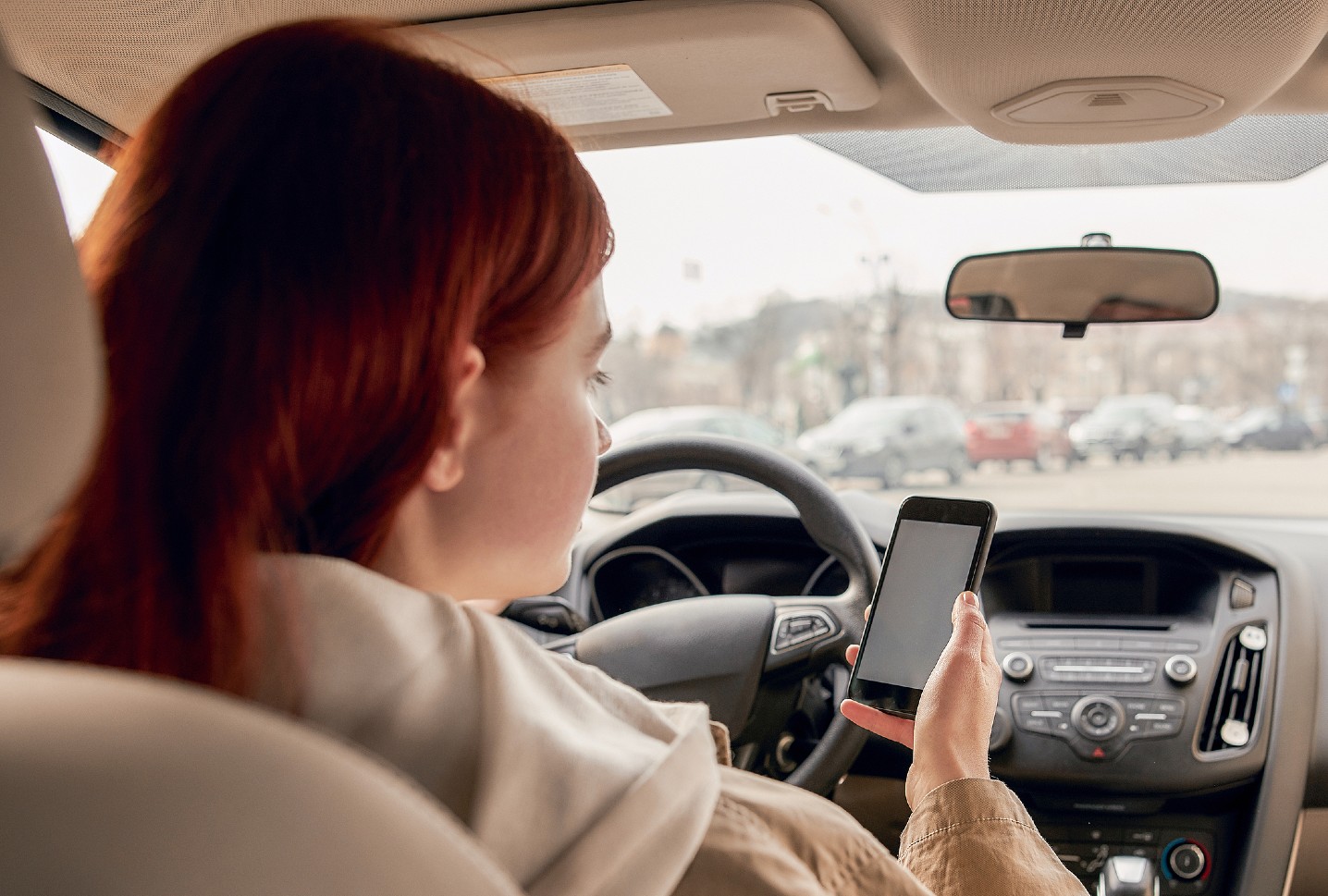
Free Consultation(203) 447-0000

Free Consultation(203) 447-0000

April is Distracted Driving Awareness Month. Recognized by the National Highway Traffic Safety Administration (NHTSA) and the National Safety Council (NSC), the purpose of Distracted Driving Awareness Month is to bring the risks of talking on the phone, texting, and engaging in other non-driving-related activities behind the wheel into the spotlight.
As the NHTSA explains:
“In 2019, distracted driving killed 3,142 people – a 10% increase from 2018. . . . April, which is National Distracted Driving Awareness Month, is a good time to regroup and take responsibility for the choices we make when we’re on the road.”
In addition to fatal accidents, the NSC reports that, “[o]n a typical day, more than 700 people are . . . injured in distracted driving crashes.” This amounts to well over a quarter-million distraction-related crashes in the United States each year. Over the five years from 2015 to 2019, there were more than 30,000 distraction-related accidents in Connecticut, according to the Connecticut Department of Transportation (CDOT).
While all distracted driving types are dangerous, the NHTSA and NSC both identify texting behind the wheel as one of the most dangerous driver behaviors. The NSC breaks driving distractions down into three categories—cognitive, visual, and manual—and texting while driving involves all three forms of distraction:
According to data from the NHTSA, sending or reading a text message takes an average of about five seconds. “At 55 mph, that’s like driving the length of an entire football field with your eyes closed.”
Of course, texting behind the wheel is far from the only type of distracted driving that leads to severe and fatal accidents. Other common factors in distraction-related collisions include:
If you are interested in getting involved in Distracted Driving Awareness Month, the NHTSA and NSC are making several available resources to the public. The NSC has published a weekly calendar with suggested activities, and it is also encouraging people to take its Just Drive pledge. Both organizations also encourage people to use the #JustDrive hashtag to spread the word about safe driving during April.
If you are involved in an accident involving a distracted driver, or if a loved one is tragically killed in a distracted driving accident, what are your legal rights? In Connecticut, accident victims and their families have the right to seek total compensation for their accident-related losses. This includes financial losses such as medical bills and lost earnings, but pain and suffering, emotional trauma, and other non-financial losses.
To protect your legal rights after a distracted driving accident in Connecticut, here are some steps you should try to take as soon as possible:
If you have not done so already, you should report the accident to the local police. You should also report the accident to your insurance company. Even if you are entitled to compensation under the distracted driver’s policy, you still need to notify your insurance company of the collision.
After an auto accident, seeking medical care is extremely important. You should see a doctor as soon as possible, and you should make sure you clearly understand your doctor’s diagnosis and treatment recommendations. If you have concerns about your care quality, seek a second opinion—do not simply ignore your doctor’s advice.
It would be best if you also took notes about the accident. What makes you believe the other driver was distracted? What did the other driver say or do after the crash? Did he or she talk to the responding officer? What else can you remember about the crash or its aftermath? These are all critical questions that will be relevant to your claim for financial compensation.
In addition to taking notes, it is a good idea to take lots of photos as well. Use pictures to document everything you can—from your vehicle’s damage to your physical injuries. Once your car gets repaired (or taken to salvage), and once your wounds begin to heal, it could become more challenging to prove your legal rights.
After being injured or losing a loved one in a distracted driving accident, you should talk to a lawyer right away. An experienced Connecticut lawyer will be able to investigate the accident, collect critical evidence, and help prove your claim for damages.
Do you have questions about your legal rights following a distracted driving accident in Connecticut? If so, we encourage you to speak with one of our lawyers as soon as possible. To schedule a free, no-obligation consultation, call 203-447-0000 or contact us online today.
Berkowitz Hanna
